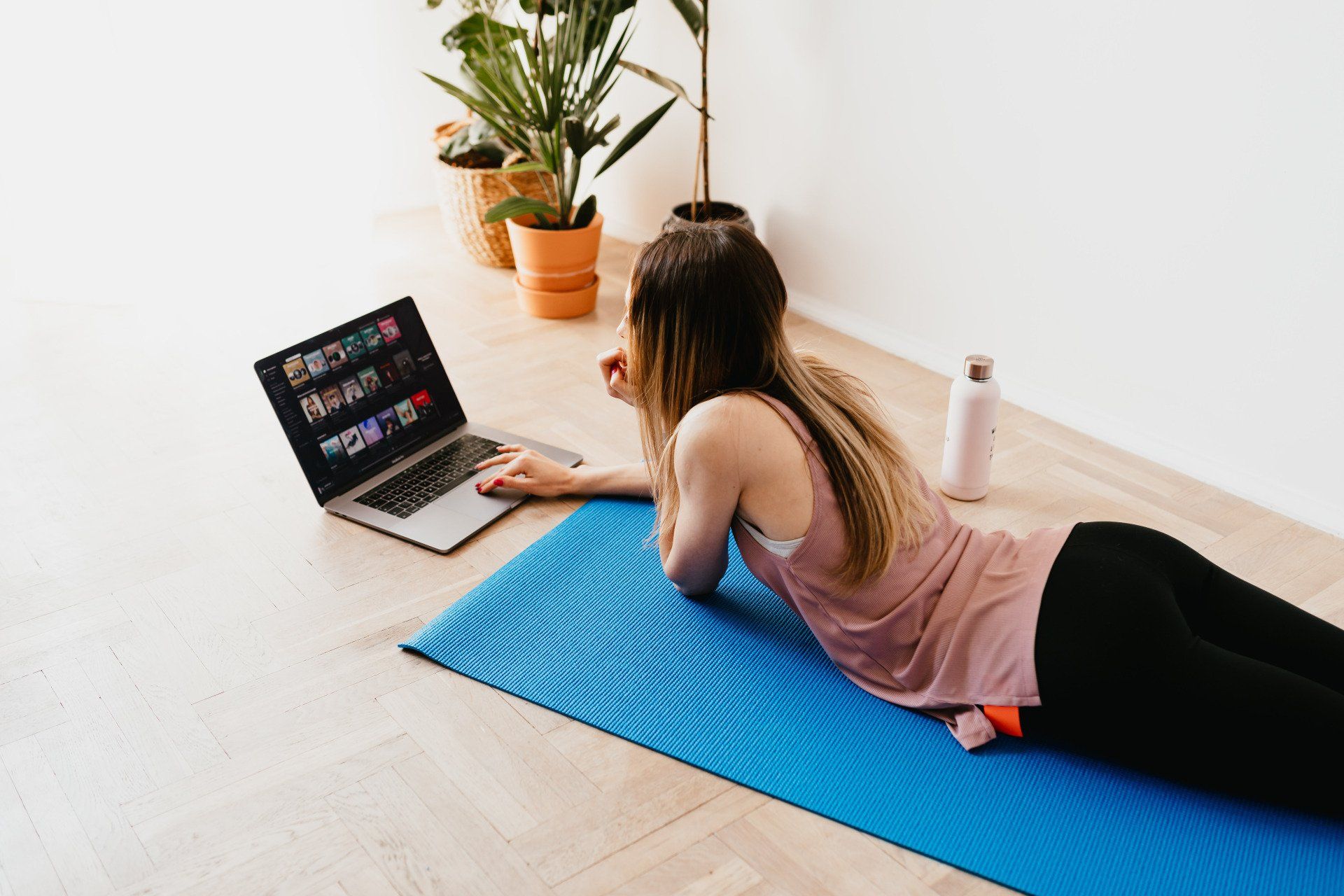The Science Behind Choosing the Best Time to Work Out for Weight Loss

When it comes to embarking on a weight loss journey, exercise plays a pivotal role alongside a balanced diet. However, have you ever wondered if the timing of your workouts could affect your weight loss results? The debate over the best time to work out for weight loss has been ongoing for years, and there's no one-size-fits-all answer. In this comprehensive guide, we'll delve into the science behind selecting the best time to exercise to maximize your weight loss efforts.
Understanding Your Body's Circadian Rhythm
Before we explore the best time to work out for weight loss, it's essential to understand your body's natural circadian rhythm. This internal biological clock regulates various physiological processes, including body temperature, hormone production, and sleep-wake cycles. Your circadian rhythm can influence your energy levels, metabolism, and overall performance throughout the day.
Morning Workouts
Boosting Metabolism:
Exercising in the morning can help kickstart your metabolism. When you work out, your body burns calories not only during the activity but also for hours afterward due to the post-exercise calorie burn. Morning workouts can help you capitalize on this effect, ensuring that you burn more calories throughout the day.
Consistency and Discipline:
Many people find it easier to establish a consistent workout routine by exercising in the morning. Morning workouts are less likely to be disrupted by work, family commitments, or other distractions that tend to arise later in the day.
Improved Mood and Energy:
Morning exercise releases endorphins, the "feel-good" hormones, which can boost your mood and energy levels. Starting your day with a workout can set a positive tone for the rest of the day.
Vitamin D Exposure:
If you exercise outdoors in the morning, you can benefit from natural sunlight, which is a natural source of vitamin D. Vitamin D is essential for overall health and can contribute to weight loss by improving mood and supporting the immune system.
Afternoon Workouts
Increased Muscle Strength:
Research suggests that muscle strength and performance tend to peak in the late afternoon. This could mean that you can push yourself harder during afternoon workouts, potentially leading to greater muscle gains and fat loss.
Reduced Risk of Injury:
Your body is typically more flexible and warmed up in the afternoon, which may reduce the risk of injury during your workout. This can be especially beneficial if your exercise routine includes strenuous activities.
Time to Refuel:
Exercising in the late afternoon allows you to have a couple of meals before your workout. This means you have the energy and nutrients necessary to perform at your best, potentially leading to more effective workouts.
Flexibility:
For many people, afternoon workouts offer more flexibility in terms of scheduling. If you have a busy morning or early afternoon, working out in the late afternoon may be the only viable option.
Evening Workouts
Stress Relief:
Evening workouts can serve as a stress-relief mechanism after a long day. Exercise can help you unwind and clear your mind, which can be particularly beneficial if stress is a contributing factor to your weight gain.
Flexibility:
For many people, evenings offer more flexibility in terms of scheduling. If you have a busy morning or early afternoon, working out in the evening may be the only viable option.
Body Temperature:
Some studies suggest that muscle strength and endurance can be at their peak in the early evening. This means you might be able to perform better and burn more calories during your evening workout.
Social Engagement:
If you enjoy social activities, evening workouts may allow you to participate in group fitness classes or team sports, which can be motivating and enjoyable.
The Influence of Individual Factors
While the time of day can impact your workout's effectiveness, it's important to consider individual factors that may influence the best time for you to exercise. These factors include:
1. Personal Preference: Your own preferences and daily schedule play a significant role in determining when you can consistently work out. Choose a time that aligns with your lifestyle and allows you to stick to your exercise routine.
2. Sleep Patterns: The quality and duration of your sleep can affect your energy levels and workout performance. Ensure you're getting enough rest regardless of when you choose to work out.
3. Chronotype: People have different chronotypes, which dictate whether they are naturally morning people (morning chronotype), night owls (evening chronotype), or somewhere in between. Your chronotype can influence when you feel most energetic and alert, which may impact your workout preferences.
4. Work and Family Commitments: Your work schedule, family responsibilities, and other daily commitments can limit the time you have available for exercise. Be realistic about what you can fit into your day.
5. Fitness Goals: Your specific fitness goals can also play a role. For example, if your primary goal is muscle growth and strength, you may want to take advantage of afternoon or early evening workouts when your muscle performance tends to peak.
6. Environmental Factors: Consider the climate and weather conditions in your location. Extreme heat or cold can impact your comfort and safety during outdoor workouts.
Practical Tips for Effective Workouts at Any Time
Regardless of the time you choose to exercise, there are some practical tips to ensure that your workouts are effective for weight loss:
1. Stay Hydrated: Proper hydration is crucial for optimal performance. Drink water throughout the day, and consider having a small pre-workout snack if needed.
2. Warm-Up and Cool Down: Begin each workout with a proper warm-up to prevent injuries and finish with a cool-down to help your body recover.
3. Consistency Is Key: Stick to a consistent workout schedule. Over time, this consistency will yield better results than sporadic workouts, regardless of the time.
4. Listen to Your Body: Pay attention to how your body responds to exercise at different times of the day. Adjust your workout intensity and timing based on your personal preferences and needs.
5. Combine Cardio and Strength Training: Incorporate a mix of cardiovascular exercises and strength training into your routine for well-rounded fitness and weight loss benefits.
6. Consult a Fitness Professional: If you're unsure about the best workout timing or the type of exercises that suit your goals, consider consulting a fitness professional who can provide personalized guidance.
The Bottom Line
Ultimately, the best time to work out for weight loss depends on your individual preferences, schedule, and how your body responds to exercise at different times of the day. Some people thrive with morning workouts, while others find that they perform better in the afternoon or evening.
What's most important is finding a time that allows you to be consistent with your exercise routine. Consistency is key when it comes to weight loss. Whether you choose to work out in the morning, afternoon, or evening, the most effective workout time is the one that fits seamlessly into your daily life.
Furthermore, remember that the timing of your workouts is just one piece of the weight loss puzzle. A well-rounded approach that includes a balanced diet, adequate sleep, and stress management is essential for achieving and maintaining your weight loss goals. So, whether you're a sunrise warrior or a sunset enthusiast, the best time to work out is the time that keeps you active, healthy, and on track to reach your weight loss goals.
In conclusion, the best time to work out for weight loss is a matter of personal preference and individual factors.


